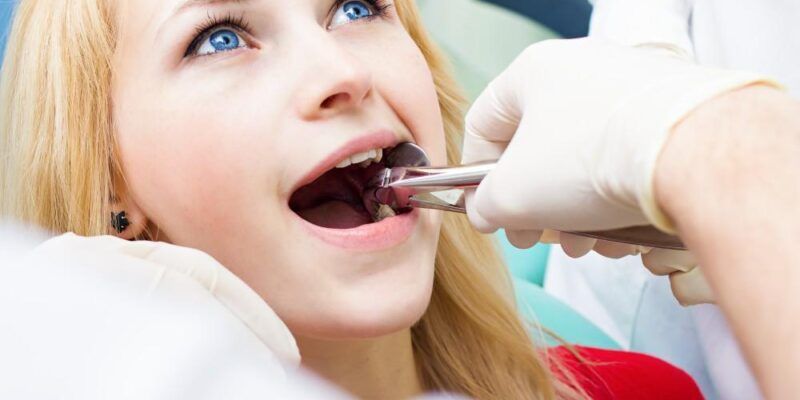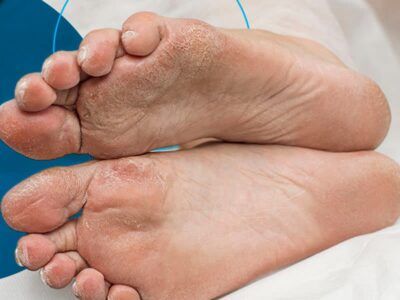Wisdom teeth are a set of molars that are usually last to erupt, around the age of 17 to 25. Though these often do not contribute to any of the oral functions, they can be troublesome if infected or impacted.
The dentist in Wichita Falls, TX provides wisdom teeth extractions of those third molars that can lead to debilitating symptoms like pain, infection, and discomfort. This helps to improve your overall quality of life.
An insight into wisdom teeth extraction
Wisdom tooth extraction, also known as wisdom tooth removal, is a common surgical procedure performed by the oral surgery department. It involves the removal of one or more wisdom teeth which are the four permanent adult teeth located at the back corners of your mouth in the maxilla and mandible.
Indications for Wisdom Teeth Removal
Wisdom teeth removal is often indicated for the following reasons:
- One or more impacted (partially or fully trapped in your gums or alveolar bone) wisdom teeth
- Crooked wisdom teeth
- Wisdom teeth growing sideways
- Severe pain near the back of your mouth
- Trapped food and debris around the wisdom teeth that increase the risk of plaque and bacterial accumulation
- Gum disease around the third molars
- Dental decay or caries in a partially erupted wisdom tooth
- The presence of a cyst (fluid-filled pouch) around the third molar
The procedure involved in wisdom teeth removal
Your dentist will:
- Administer local anesthetic to numb your wisdom tooth and gums to ease pain and discomfort
- Make an incision (cut), especially for an impacted molar, to expose the trapped tooth
- Carefully loosen the tooth and lift it from the socket (tooth sectioning may be required for easy removal)
- Irrigate the extraction site to ensure there is no residue or debris
- Close the extraction site through suturing
- Pack the extraction site with a surgical site to arrest bleeding and enable clot formation
Post-extraction care
- Leave the sterile gauze in place for about 30 minutes after the extraction
- Use an ice pack to help reduce swelling
- Keep the extraction site clean
- Brush and floss your teeth regularly
- Take all the antibiotics and painkillers as prescribed
- Do not drink through a straw to avoid clot dislodgement and dry socket
- Do not eat hard, crunchy, or sticky foods
- Avoid smoking, carbonated drinks, and alcohol until the extraction site heals
Keynote
Dentists recommend extractions to free you from the painful symptoms associated with wisdom tooth impaction and infection. However, this can also be recommended as a preventive measure to avoid future oral health issues like gum disease, and decay.













Comments